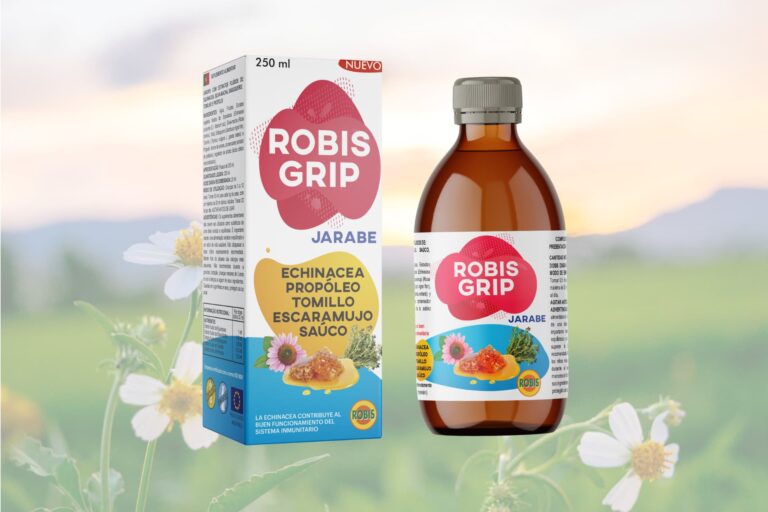With the arrival of cold weather and the reduction of daylight hours at the end of autumn and beginning of winter, it is common to suffer a vitamin deficit. However, they are essential to keep the body healthy and the immune system strong. In addition, at this time of the year, the increased risk of infections and diseases due to cold and temperature changes make it necessary to provide the body with vitamins in winter.
Following a healthy and nutritionally balanced diet is essential. And in many cases, extra nutritional supplementation is necessary to avoid vitamin deficiency. The Robis food supplements can help you provide your body with the vitamins it needs during the winter.
And remember that it is always advisable to consult your doctor to know your health status and what supplements are right for you. Keep in mind that preparing for winter means starting to take action as soon as possible. Don’t wait until the last minute to take care of yourself. The body needs to receive the vitamins it needs as soon as possible, and therefore the best thing is to do is start supplying them from autumn onwards.
Vitamins in Winter: Prepare for the Arrival of Cold Weather and Provide your Body with the Necessary Vitamins.
Vitamin D in Winter, the Key to Strengthen your Defences
One of the most important vitamins in winter is vitamin D. Paradoxically, it is the most difficult to obtain naturally when the cold weather arrives. Sunlight is key to its synthesis. However, and precisely in winter, the sun is often a hidden asset. The reduction of solar hours and the increase of cloudy, foggy or rainy days make it a scarce and valuable asset.
It is therefore a key vitamin. Spending at least 30 minutes in the sun with proper protection is one way to achieve this. Some foods such as eggs contain vitamin D, although in a reduced amount. If you need it, take advantage of the benefits of food supplements.
Vitamin A, the Least Known of the Vitamins in Winter, Necessary for the Body.
Health professionals are well aware of the importance of vitamin A in winter. But, for some reason, at the popular level it is less recognised. However, if we talk about vitamins in winter, this is key for the care and protection of health.
Why? Because it regulates the production and activity of T lymphocytes. And that’s so important? Yes, because they are cells that help keep the immune system healthy, strong, and active, as well as reduce infections. In addition, they help the respiratory tract mucous membranes, which tend to suffer especially in cold weather.
The Importance of Vitamin C in Winter
This is one of the most popularly known winter vitamins. Vitamin C certainly helps to avoid infections and to take care of respiratory health, as well as to achieve a faster and more efficient recovery in case of illnesses such as flu or colds.
In addition, it helps the absorption of iron to avoid anaemia, and contributes to keep the skin in good condition, something to highlight here because the cold greatly affects this organ, the most extensive of our body.
B Vitamins in Winter and their Importance For our Body
Another of the most important vitamins in winter are those of the B group. Their presence in the body in adequate quantities is essential for the good condition and functioning of the immune system, as they help in the formation of red blood cells.
They also help to produce energy and maintain the proper functioning of hormonal processes that take place in the brain. Both issues are key to avoid apathy, low spirits and tiredness that problems such as lack of sunlight in winter often cause.
Vitamin E, the Antioxidant you Need in Winter
We must also highlight vitamin E among the most relevant winter vitamins. This potent natural antioxidant helps keep the immune system strong to ward off viruses and other health threats. It also combats the action of free radicals and contributes to cell renewal and skin care.
Do you want to keep up to date with our tips and news? Don’t miss anything by subscribing to our newsletter and following us on social media. We are waiting for you!




